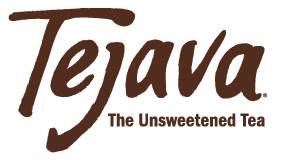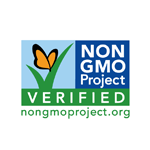The term “gluten-free” is tossed around a lot. Product packaging often displays the words prominently to get the attention of shoppers – and for good reason. It’s an important selling point to some people who restrict their intake of gluten for dieting purposes or certain health concerns.
How Gluten Can Affect Health
What is gluten? Gluten is a protein found in many grains including wheat, barley, and rye. But not all grains contain gluten. Some examples of gluten-free grains are brown rice, buckwheat, wild rice, oats, and quinoa. Gluten helps bread rise when baking and contributes to the elastic quality of dough and the chewiness of grains. You could think of gluten as the “glue” that holds foods together. (Maybe that’s how “gluten” got its name?)
To be fair, gluten may be receiving a “bad rap” because not all people are sensitive to it. Take peanuts, for example; they don’t contain gluten. There’s nothing wrong with peanuts unless you have a sensitivity to them. Same with milk. If you have an intolerance to lactose, a milk sugar, then you would want to avoid drinking milk. The list of food sensitivities goes on and on.
The point is, gluten isn’t inherently bad for you. Your body may have a bad reaction to it or it produces symptoms of medical conditions such as diabetes, celiac disease, or irritable bowel syndrome. For instance, with celiac disease, gluten triggers an immune reaction that can damage the small intestine and prevents the absorption of nutrients. You get the point.
A Better Health Choice
But besides sensitivities and adverse conditions aggravated by gluten, many nutritionists, diet experts, and health practitioners advocate a low- or gluten-free diet for weight loss, increased energy, and overall optimal health. So there are many good reasons to reduce your gluten intake.
What makes gluten-rich foods unhealthy in many cases, is that gluten is often used in starchy, processed, high-carb, sugary foods. Gluten isn’t just found in grains; it’s often in processed foods like canned soups, soy sauce, candy, cookies, pastries, pasta, deli meats, low calorie and non-fat products, and of course many breads. What do these have in common? They’re often highly processed and contain artificial preservatives and additives. They’re also refined carbohydrates. There may be evidence that refined carbs are linked to weight gain and obesity.
Another possible connection between gluten and your health relates to inflammation. Eating grains in excess may create chronic inflammation in the gut and throughout your body, including your brain (especially if your body is sensitive to it). Many physical and mental health conditions can be traced to chronic inflammation.
Naturally Gluten-Free
Replacing some foods containing gluten with fresh vegetables, fruits, and other whole foods, and simple drinks like pure water and unsweetened tea are overall healthy choices … choices that help keep the doctor away and the weight down.
Teas are naturally gluten-free so there’s nothing to worry about, right? By nature, yes, that’s true. The issue becomes a sticking point only if something is added that does contain gluten … say a flavor. So gluten can be hiding out in your tea without you even knowing about it or giving it a second thought.
Tejava’s unsweetened original and flavored black teas are indeed gluten-free. Our teas are made from carefully-picked natural tea leaves. And the natural flavors added to some of our teas are also free of gluten. Even though our teas don’t have the “GF” symbol, which certifies products as gluten-free, the ingredients in Tejava are just tea, water, and non-gluten flavors in our flavored varieties. Plus, no animal by-products (such as honey or dairy), preservatives, or artificial ingredients are used. So we can confidently say Tejava teas contain no gluten. Drink freely!




